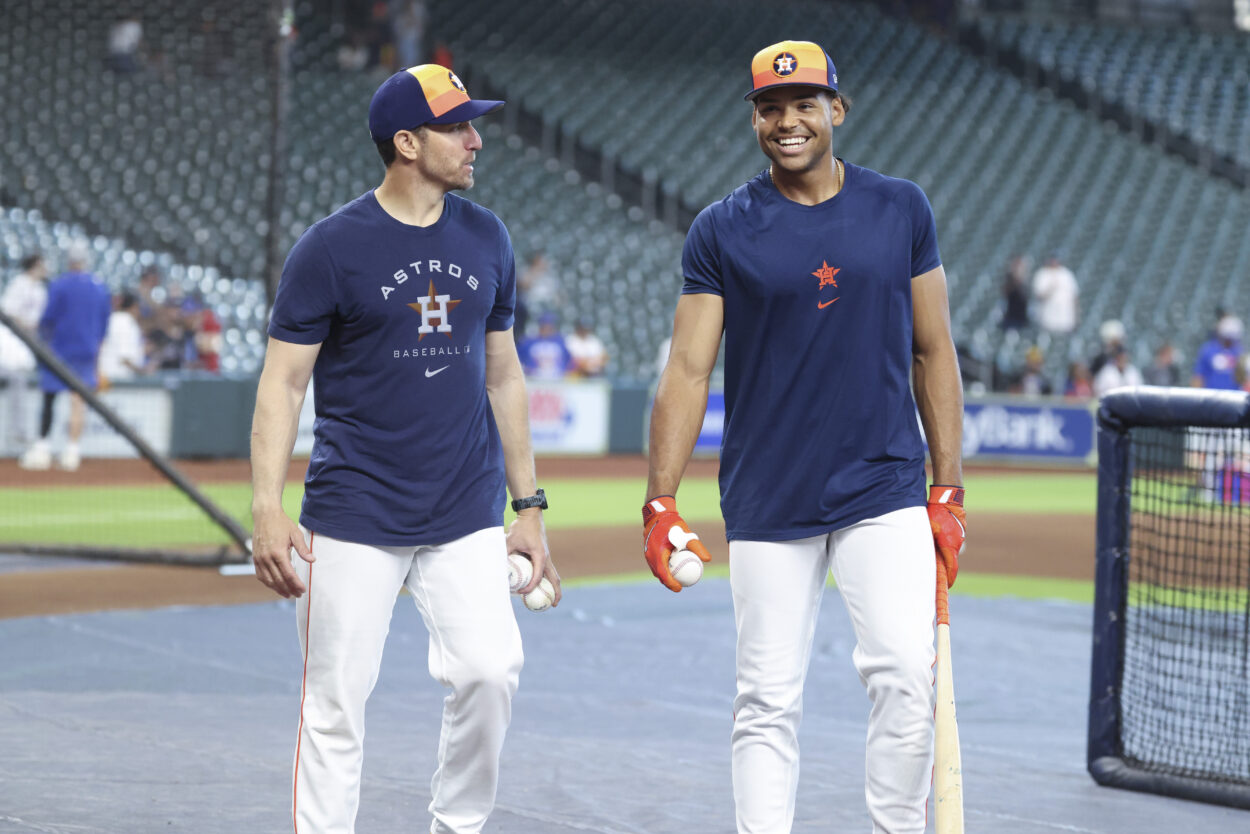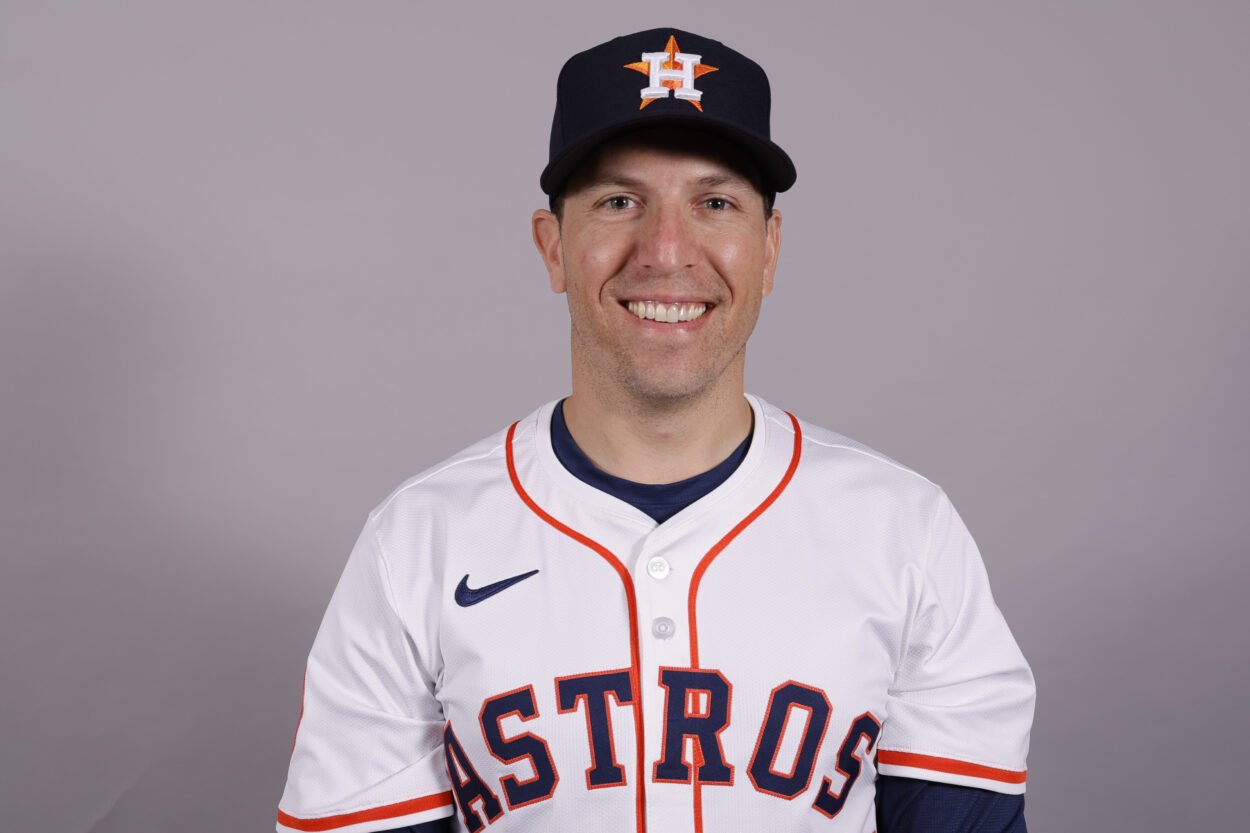
The New York Mets are shaking things up this offseason, and that includes changes to their coaching staff. On Monday morning, SNY reported that the Mets are hiring Troy Snitker as the team’s new hitting coach, marking another step in manager Carlos Mendoza’s effort to reshape the dugout.
The move comes after the departures of Eric Chavez and Jeremy Barnes, signaling a new direction for a franchise that’s eager to turn potential into production.
Snitker, the 36-year-old son of longtime Atlanta Braves manager Brian Snitker, has carved out his own reputation in the game. He spent nearly a decade in the Houston Astros organization, where he played a key role in developing one of baseball’s most consistent and disciplined lineups. His experience working with hitters like José Altuve, Yordan Alvarez, and Alex Bregman gives him instant credibility in a Mets clubhouse that’s struggled to find offensive identity over the past few seasons.

A modern mind to help reshape the Mets’ offense
Snitker’s hiring represents more than just a personnel move — it’s a philosophical one. The Mets have lacked a clear offensive approach, often relying too heavily on streaky power instead of balanced, situational hitting. With Snitker, the organization is adding a coach who has shown the ability to blend analytics with real-world feel, helping hitters fine-tune their mechanics without losing confidence or aggression.
What makes Snitker such an appealing fit is his adaptability. In Houston, he worked with both veteran sluggers and young prospects, tailoring his methods to each player’s strengths. The Mets’ lineup, a mix of established stars and emerging talent, could benefit greatly from that individualized approach. Players like Francisco Lindor should thrive under his guidance, while younger bats like Brett Baty and Mark Vientos will have a chance to grow with a voice that values both development and results.
Carlos Mendoza’s vision takes shape
For Carlos Mendoza, this offseason has been about putting his stamp on the Mets. He’s already made it clear that he wants a more collaborative coaching environment — one built on communication, trust, and accountability. Letting go of Chavez and Barnes wasn’t an indictment of their work, but rather a reflection of Mendoza’s desire to bring in people who align with his long-term philosophy.
Snitker checks every box. He’s young enough to connect with modern players but experienced enough to command respect. His time with a championship-caliber Astros team taught him what consistent winning looks like on a day-to-day basis. That experience could be invaluable for a Mets roster still searching for that same level of cohesion.
A step toward stability for the Mets’ future
The Mets’ decision to bring in Snitker signals a renewed focus on fundamentals and consistency — two areas that often separate good teams from great ones. While he may not be a household name to casual fans, those within baseball circles know what he brings: discipline, structure, and a sharp understanding of hitting philosophy.
For a franchise eager to build something sustainable, this is exactly the type of hire that matters most. Snitker represents fresh thinking, steady leadership, and a clear message to the clubhouse — the Mets aren’t just retooling the roster, they’re rebuilding their foundation.
